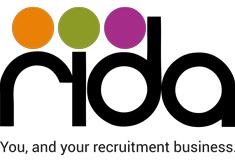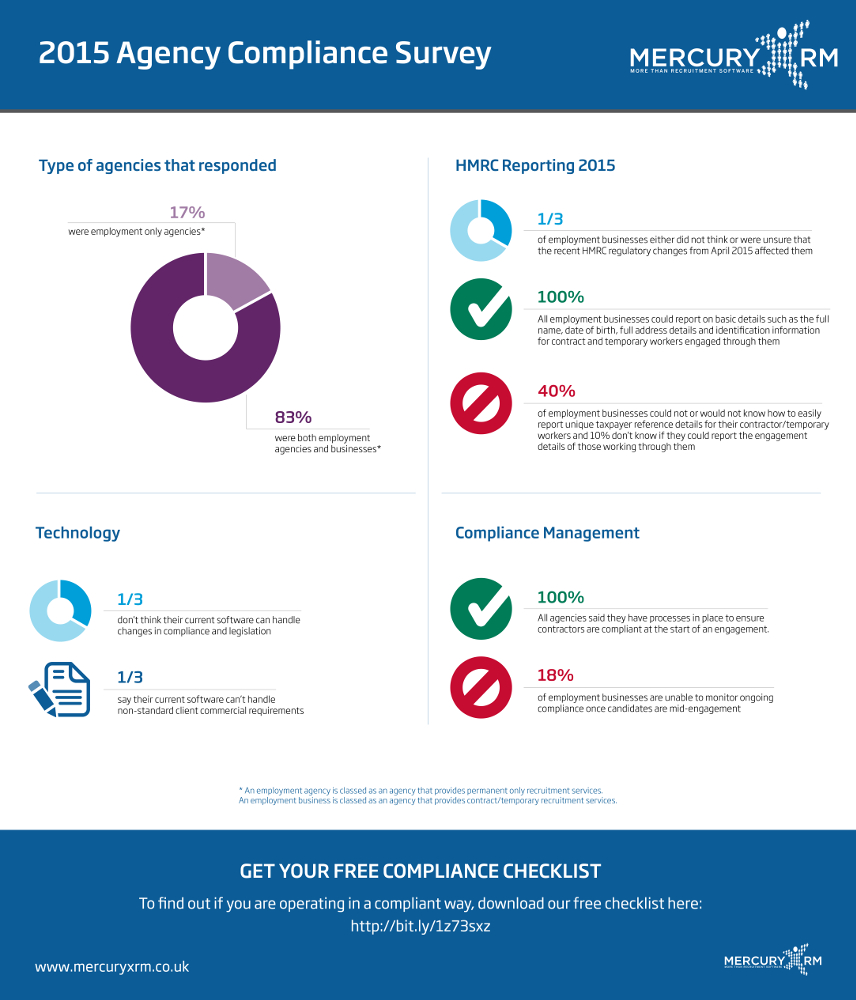 Lying, exaggerating or trying to be someone else is par for the course for most people when attending job interviews. Research conducted on behalf of world leader in workplace assessment, SHL revealed that over half (57%) of the population think it acceptable to either lie, exaggerate or withhold negative information during the recruitment process. Just under half (41%), also admit to trying to ‘work the interview’ by acting like the sort of person they think the company wants rather than who they really are.
Lying, exaggerating or trying to be someone else is par for the course for most people when attending job interviews. Research conducted on behalf of world leader in workplace assessment, SHL revealed that over half (57%) of the population think it acceptable to either lie, exaggerate or withhold negative information during the recruitment process. Just under half (41%), also admit to trying to ‘work the interview’ by acting like the sort of person they think the company wants rather than who they really are.
High-earners with salaries of £40,000 or more were also found to be more likely to tell white lies than their lower paid counterparts. Around 60% of high-earners think at least one form of exaggeration or fibbing is acceptable.
The more that is at stake, the more a candidate, especially a high-earner, is likely to cheat. SHL’s research reveals that the justification for dishonesty grows with desire. In fact, 70% of those who would do something dishonest said they would only do so if what they wanted was ‘very important.’
Far from being outraged by this prevalence for stretching the truth, HR professionals actually expect it. The majority interviewed (94%) think that applicants ‘occasionally’ or ‘often’ mislead organisations about their qualifications or skills. In fact, one in nine HR directors even owned-up to exaggeration in getting their own job!
“Whilst not being endemic, it is obviously generally accepted that people will lie or exaggerate to get a job. With this in mind employers need to examine ways to make sure that the candidates they are interviewing are right for the vacancies and not just good at writing CVs and selling themselves in interviews,†said Kevin Kerrigan, UK managing director of SHL Group.
Interestingly, the respondents had a different view of themselves as candidates and employers. As prospective candidates the top attribute was interest in the position regardless of skills. As potential employers, however, it was most important to choose the candidate with the best skills.
Unfair promotion was also an issue with a third of people feeling that colleagues had been promoted without the necessary skills and a quarter believing promotion is given to those who get on with their employer.
Kerrigan added: “It’s a real shame that people feel aggrieved by the promotion process. This could be overcome by bosses using unbiased analytical assessment in helping to decide who gets a promotion. It not only ensures the right person for the job but it is the fairest and most professional approach.â€
SHL uses powerful world leading, scientifically robust assessment products and expert consultancy services to help clients in over 40 countries to recruit and develop their workforce.
The research was undertaken by TickBox in April 2006 and included responses from 1,873 UK adults and 137 HR directors.
For more information, or to speak to Kevin Kerrigan, please contact:
Phillipa Jose/Caroline Sweeney
Flagship Consulting
Tel: 0207 886 8442 / 8451
Email:phillipa.jose@flagshipconsulting.co.uk / caroline.sweeney@flagshipconsulting.co.uk
About SHL:
SHL is the world-leading provider of psychometric assessment and development solutions. The company supports organisations in the selection, recruitment, promotion, succession planning and development of talented people at all levels and across all sectors. Operating in 40 countries and more than 30 languages, the SHL Group devises innovative approaches to help organisations increase productivity and gain competitive advantage through the more effective use of their human capital. SHL has over 5,500 organisations as clients, including many of the Global and Times Top 1000, and is recognised as the foremost provider of objective assessment products in the world. For more information please visit www.shl.com.




One Comment